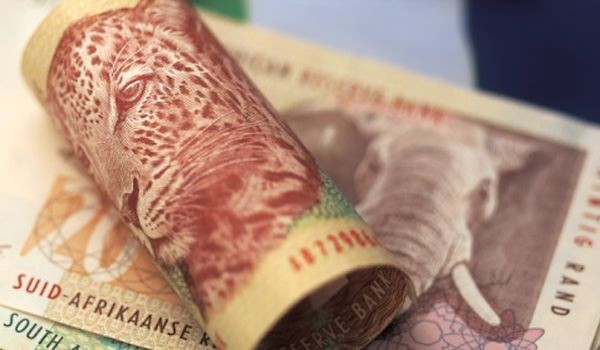South Africa: Inflation data crucial as Sarb under pressure to tackle price rise

The South African consumer price data on Wednesday (22 July) will most likely decide the central bank's stance on interest rates at the policy review the next day as the apex bank has already hinted at the need to curb inflation pressures.
As per 17 June data, the headline CPI rate accelerated to a five-month high of 4.6%, driven by housing and utilities prices. The June number due this week is forecast to be a higher one, adding to the central bank concerns.
The South African Reserve Bank (Sarb) has been on a tightening cycle since last year, in the first half of which the benchmark repo rate was upped by 75 basis points in two instalments.
By mid-2014, the headline CPI rate also peaked near 6.5%, which then decelerated to a multi-year low of 3.9% and bottomed out. The price rise rate has then been on an upward trend, which the central bank sees as growth deterrent under the present conditions.
The Sarb increased its inflation expectations at the June review while lowering the growth forecast. The headline CPI is forecast to average 4.9% in 2015 and 6.1% in 2016. The rate is seen peaking at 6.8% in the second half of the next year.
According to the central bank, the economy will expand 2.1% this year and 2.2% the next year with electricity supply constraints continuing to be a drag on the output.
The currency side
Weakness in the South African rand is helping the country's exports, but accelerating inflation, a by-product of weak domestic currency - is also causing additional problems for the country, for which acute power shortage is a major challenge at present.
Now that the country needs to import more diesel for its power generators, policymakers will naturally be under pressure to address the inflation challenge to protect its foreign exchange reserves and trade balance.
USD/ZAR traded as high as 12.64 a month ago, the rand's weakest in more than a decade, before easing to 12.40 as of now. At the high of the pair, the rand was down more than 8% so far this year, adding to the 30% decline over the past three years.
The weaker rand pushed inflation to the highest this year and fuelled a sell-off in bonds, according to a Bloomberg analysis last month.
© Copyright IBTimes 2025. All rights reserved.






















